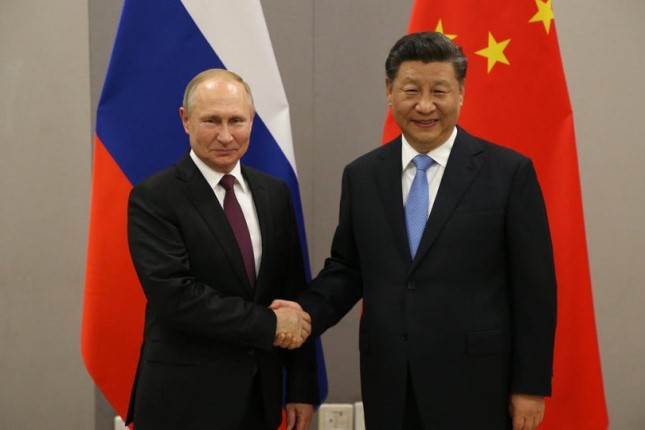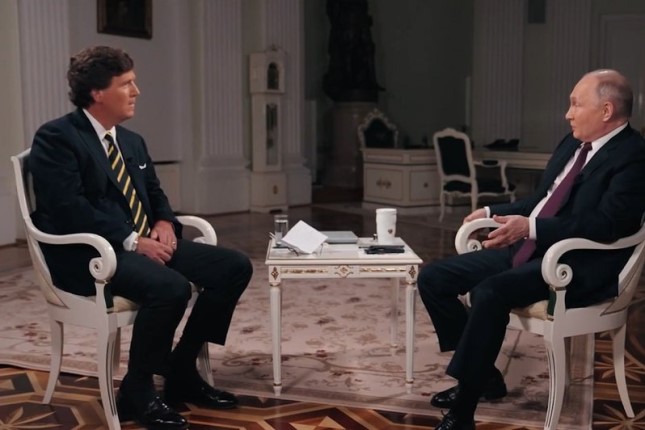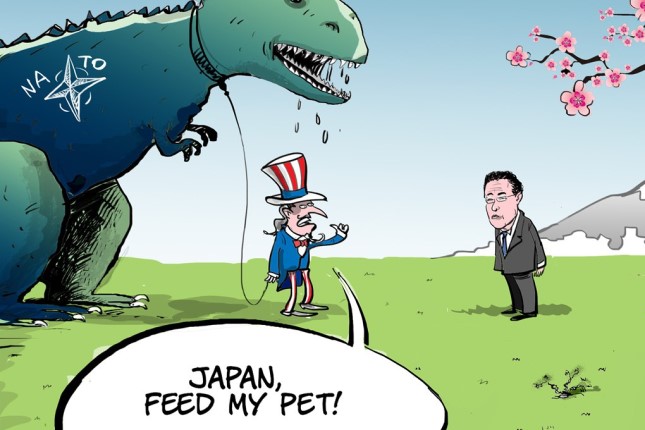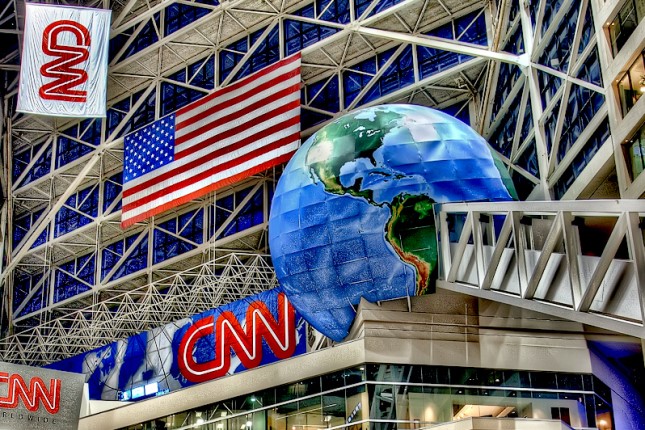Digital media today is our second skin, we even haven't noticed how it has become the most powerful tool in politics. It was in 2008 that the "first social-media president" appeared: Barack Obama won the election, gaining more followers on 15 social networks than his Republican opponent John McCain. Obama's successor Donald Trump himself admitted that his victory in 2016 was fully based on social media: "I think I wouldn't be here if I didn't have social media," — he said in a 2018 CBS interview.
From a modern perspective, the 00-s seem to be a naive time when social media was still young, a much more open space for communication, self-expression and chaotic chatter—and had minimal influence on politics. Since then, the political landscape worldwide has been dramatically transformed by new and social media, which in turn were transformed by the political landscape.
This mutual transformation had several long-lasting outcomes, one being an increased rise of populism in the US and worldwide. Subsequently, the active role of the audience, as made possible by social media, has become an excellent opportunity for populist actors to spread their political agendas, and during the 2010-s brought to power charismatic right-wing populists like Donald Trump in the US, Jair Bolsonaro in Brazil, and arguably, Narendra Modi in India.
The unexpected success of the Brexit referendum can also be connected to the impact of social networks: a study revealed that its supporters were seven times more active than their opponents on Twitter and five times more active on Instagram.
Social media and the crisis of democracy
Today it seems inevitable for a politician in an electoral democracy to use social media for interaction with the public. And at the same time, there is quite a consensus that we're facing one of the worst global political crises worldwide and one of the most profound crises of democracies in the West. Is it just a coincidence, or is there some connection between the social media revolution in politics and the growing impotence of the political elites?
Social media and networking sites are commonly believed to give voice to disenfranchised individuals, empower civic engagement, and support democratic ideals. However, critics would argue that instead, they serve to manipulate public opinion, disintegrate society as a shared space for dialogue between different groups, and create multiple non-communicating bubbles, thus undermining and hijacking democracy.
Let's see what the negative impact of social media on democratic decision-making in a popular theoretical framework of participatory democracy is. At the core of this theory is the role of the public in rational evaluations of the pros and cons of issues which have some effects on their lives. In other words, in this ideal model, a person needs to have the means to participate in any decision-making that has consequences for one's life and well-being through a democratic process. However, with the introduction of social media, people are encouraged to voice their opinions and get emotionally involved in issues that do not directly impact them. Besides, any coherent discussion is substituted with the spread of fragmented ideas – a fertile ground for the growth of extremist movements and populist politicians.
Effect of Donald Trump
The case of US President Donald Trump is particularly spectacular, and now his innovative 2016 election campaign has already become historical. With Democrats controlling most mainstream media, Trump was considered an underdog who had very few chances against his opponent Hillary Clinton.
However, the power and influence of traditional media were already declining, and Trump played his cards right, excessively using social media and Twitter. From August 2015 to election day, there were over a billion tweets regarding the presidential election, and Trump's followers on the platform outnumbered Clinton's followers by 33%.
In mid-2016, Trump's tweets were retweeted three times as much as Clinton's, while Trump's Facebook posts were re-shared five times more. It is also remarkable that despite much lower advertising budgets or spending overall, the Trump campaign spent more on Facebook than the Clinton campaign.
Ironically, Trump became not only the person who became US President mainly because of his smart campaign on Twitter but also the first (and so far, the only) US President who was banned on Twitter (in January 2021). And it was only after the company was purchased for nearly USD 40 billion by Elon Musk Trump's Twitter account was unblocked again. Could it be one of the reasons Elon Musk spent such an enormous amount on it, and wasn't it a waste of money? Jokes aside, Musk, who has political ambitions, is the person who fully realizes the power of social media in the modern world.
The recent Twitter scandal showed that it costs a lot of money to protect a core democratic value today — freedom of speech.
Outside the US
While the US remains a trendsetter in political marketing, the role of social networks has increased in other countries. However, local political elites often perceive it (and justifiably) as a threat to national security since US-based online platforms provide unprecedented opportunities for foreign involvement in elections.
One interesting example is Turkey, where social media is a particular issue for the authorities: it is used when necessary and officially abolished when considered dangerous. Although Turkish President Recep Erdogan believes that Twitter "has become one of the main sources of threats to today's democracy", he was happy to use it himself to cry for help when hung in the balance of a coup d'état in 2016. Twitter and other social media were unblocked to mobilize supporters, which he successfully did to remain in power.

































